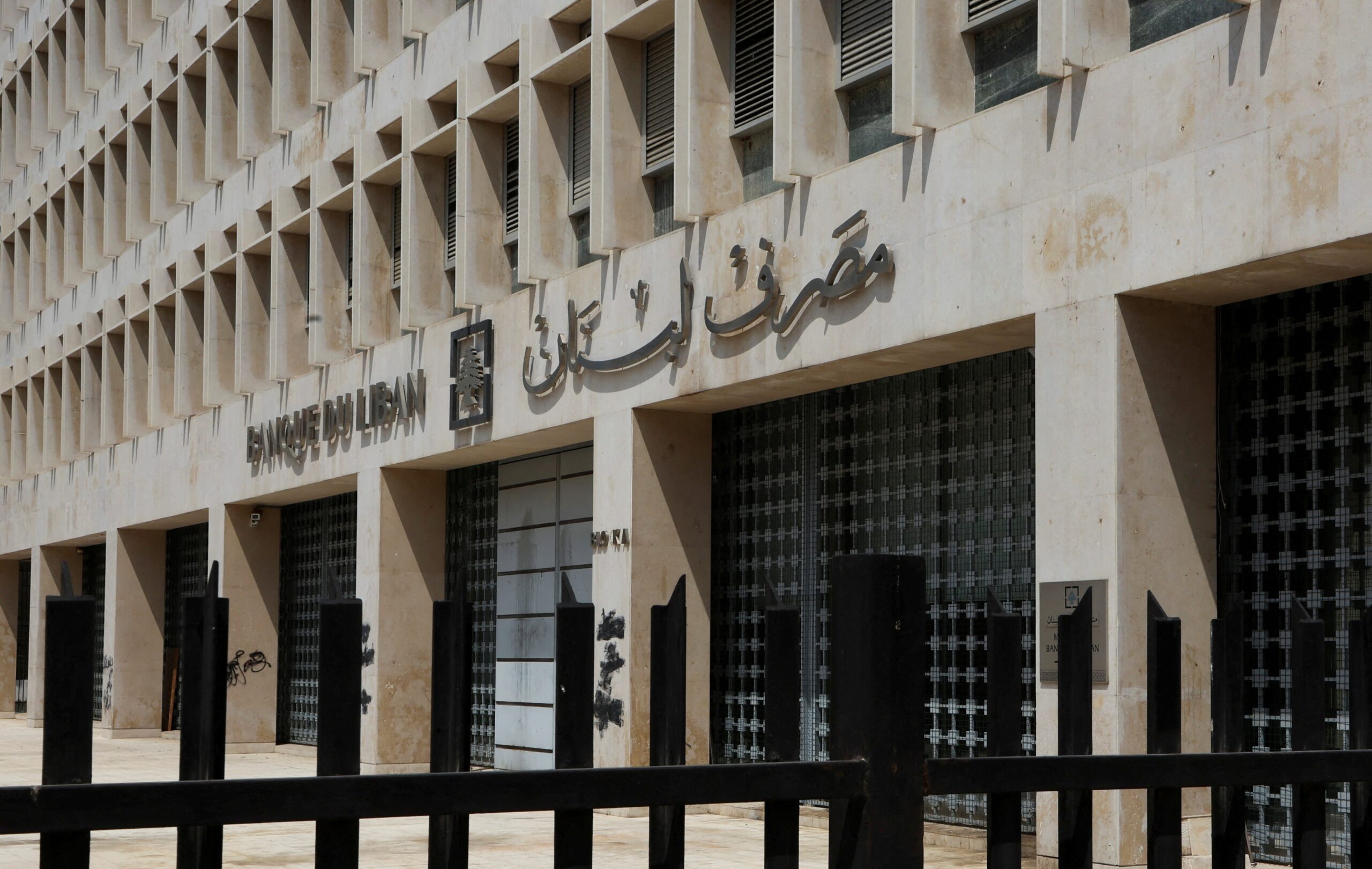Lebanon’s central bank has placed responsibility for handling “al-Qard al-Hassan,” the financial arm of Hezbollah, squarely on the state.
In a statement clarifying Circular No. 170, issued in July, the Banque du Liban (BDL) called on the relevant ministries “to intervene in addressing the situation of any entity or organization under international sanctions that is neither licensed by the central bank nor subject to its supervision.”
The clarification came just hours after Finance Minister Yassin Jaber said BDL was attempting to address the activities of “al-Qard al-Hassan.”
Officials at the Finance Ministry later explained that Jaber’s remarks were not directed against the central bank. They noted that BDL is indeed responsible for licensing institutions engaged in lending and financial operations, but since “al-Qard al-Hassan” never obtained such authorization, the matter falls to the Interior Ministry, which originally issued its registration papers.
In Tuesday’s statement, BDL reaffirmed that the core objective of Circular 170 is “to prevent any funds, whether directly or indirectly, originating from Lebanese entities or organizations subject to international sanctions – particularly those from the US Office of Foreign Assets Control (OFAC) – from entering the formal Lebanese banking sector.”
The bank warned that allowing such funds into the system would jeopardize relations with correspondent banks abroad, especially in the United States, which handles dollar transfers.
“In cases involving any sanctioned body that is unlicensed and not under BDL’s jurisdiction,” the statement added, “the responsibility rests entirely with the state and its ministries. Any suggestion otherwise assigns powers to the central bank that it does not possess under the Code of Money and Credit.”
Observers noted that the original circular was intended as much as a signal to the international community as a directive at home. The central bank sought to draw a clear line between Lebanon’s regulated financial system and the activities of associations tied to Hezbollah or similar groups. Licensed banks, financial institutions, money transfer firms, investment funds, and brokerage houses were explicitly instructed to avoid any direct or indirect dealings with unlicensed entities.
A senior financial source told Asharq Al-Awsat that the updated clarification was a response to both local and international demands for “decisive” steps against illegal financial activities, particularly those of “al-Qard al-Hassan.” By identifying the Interior Ministry as the competent authority, the central bank underscored the legal framework governing the association, which operates under a registration granted by that ministry.
The activities of “al-Qard al-Hassan,” which provides financial services outside Lebanon’s official system, remain a central concern for international donors and watchdogs. Both the International Monetary Fund and the World Bank have pressed Lebanon to bring such operations under control as a prerequisite for financial support and as part of broader reforms to restore global confidence in the country’s economy.
The US, meanwhile, continues to pressure Beirut to curb Hezbollah’s financial networks, viewing them as a key element of the group’s influence over Lebanon’s economic and social fabric.
Central Bank Governor Karim Souaid has already held direct consultations with US Treasury officials, particularly those overseeing anti-money laundering and counterterrorism finance. Discussions focused on safeguarding Lebanon’s financial sector, including its ties with American correspondent banks, and on addressing concerns raised by the Financial Action Task Force (FATF).
Meeting these requirements, officials believe, would help remove Lebanon from the “grey list” and open the door to restoring vital international support.




